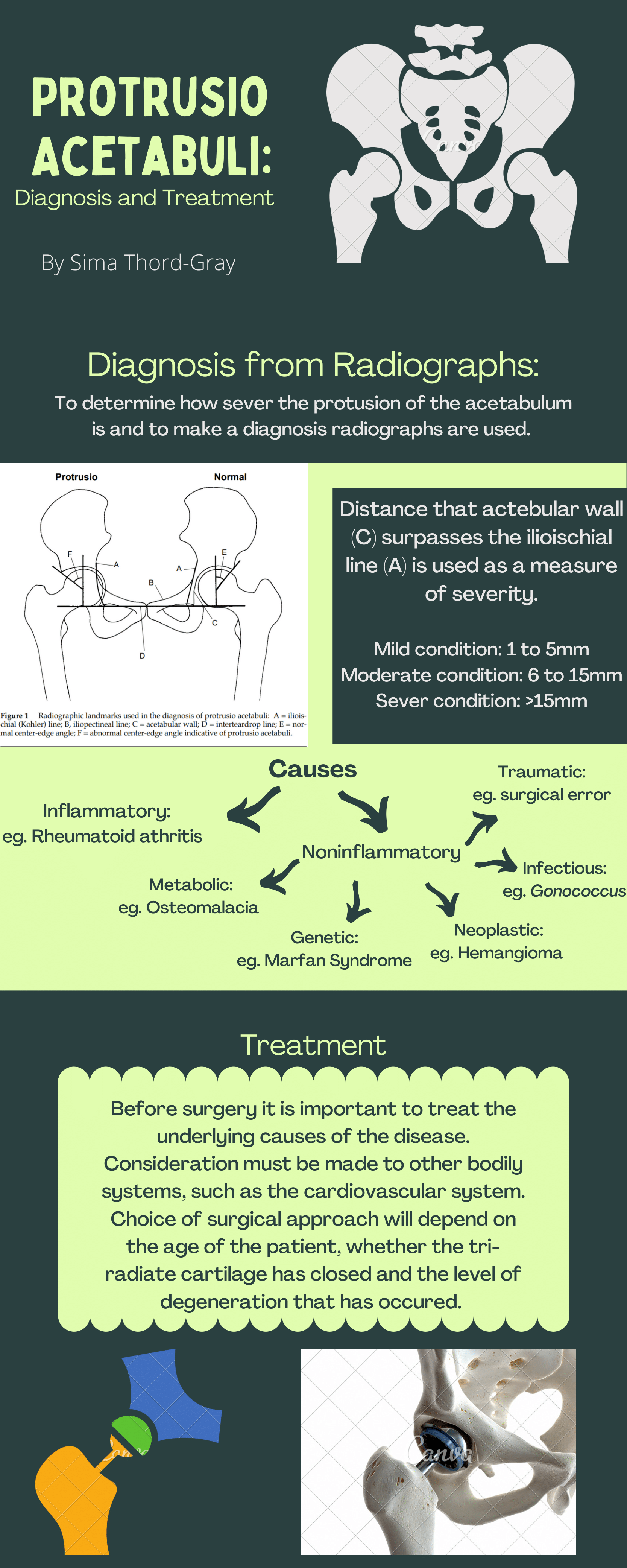The link between alcohol consumption and breast cancer progression
by Mbalentle Madolo
It is not a novel concept that the consumption of alcohol is linked to negative side effects- and not just trivial ones like a bad hangover. It carries other significant issues such as how alcohol consumption has been shown to be linked to the progression of breast cancer. In South Africa, it has been estimated that female drinkers consume around 16% of pure alcohol per year which is 80% above the world average (8.9 litres) (1). And with 19,4 million women over the age of 15 being at risk of being diagnosed with breast cancer- what do these statistics mean for South African women? (2) Does the devil really live in a bottle? Alcohol is not only a risk factor for breast cancer and other diseases, but with recent studies showing that alcohol might enhance the progression of breast cancer in breast cancer patients- South African women need to be wary of the detrimental effects alcohol has.
In a recent study, Yongchao Wang and colleagues investigated the cellular and molecular mechanisms underlying alcohol-induced aggressiveness of breast cancer (3). Using a MMTV-neu mouse model, the researchers of this study were able to gather multiple potential mechanisms that are involved in alcohol-stimulated breast cancer progression.
Alcohol is said to induce the mobility of cancer cells through the degradation and re-structuring of the extracellular matrix leading to further cancer cell invasion. Using Boyden chamber, wound healing assays and a 3-dimension (3-D) Matrigel system, it was shown that alcohol induces the spread of breast cancer cells to the lungs and colon and even more shockingly, chronic exposure to alcohol lead to less aggressive cancer cells transforming into a more aggressive form. Additional evidence show that Matrix metalloproteinases (MMPs) have a crucial role in the degradation of ECM, and it has been demonstrated that alcohol induces the actions of certain MMPs on ECM therefore increasing mammary tumour malignancy. The disruption of endothelial integrity is also a possible mechanism of alcohol induced cancer metastasis through damaged adherens junctions by decreasing the electric resistance across the endothelial layer and which facilitates intercellular gaps between the endothelial cells. This study highlighted how mammary epithelial cells as well as breast cancer cells, have the capacity to metabolize alcohol through the presence of various alcohol-metabolizing enzymes.
The accumulation of reactive oxygen species is said to play a crucial role in mammary carcinogenesis and aggressiveness by inducing oxidative stress. ROS is found to increase cancer metastasis and promote tumour angiogenesis. The researchers have hypothesised that alcohol induced ROS and oxidative stress is mediated by the metabolism of alcohol as well as other factors. With the aid of electron spin resonance, It is demonstrated that alcohol has the capacity to generate a variety of ROS in breast cancer cells and in epithelial cells of mammary tissue. Additionally, the study highlighted the positive correlation between ErbB2, an epidermal growth factor receptor part of the epidermal growth factor receptor family (EGFR) and the promotion of tumour growth and spread due to alcohol consumption. Breast cancer cells and mammary epithelial cells that over express EGFR/ErbB2 are more susceptible to alcohol-induced tumour growth through the phosphorylation of EGFR. Additionally, this study concluded that the chronic exposure to alcohol in mammary tumours of MMTV-neu mice increased levels of the population of cancer stem cells (CSC).
The results indicate that alcohol consumption could indeed play a role in promoting breast cancer aggressiveness when observing at a cellular and molecular perspective. Even though the mechanisms by which this happens seem to be vast and complex, the researchers were able to shed more light onto the subject and further propose potential therapeutic targets for breast cancer patients that still consume alcohol.
References
1. Women & Cancer. CANSA – The Cancer Association of South Africa. 2016. Available from: https://cansa.org.za/womens-health/
2. The Demand for Alcohol in South Africa during the National Lockdown. Available from: https://www.issup.net/knowledge-share/publications/2021-02/demand-alcohol-south-africa-during-national-lockdown
3. Wang Y, Xu M, Ke Z, Luo J. Cellular and molecular mechanisms underlying alcohol-induced aggressiveness of breast cancer. Pharmacological Research. 2017 Jan 1;115:299–308.




